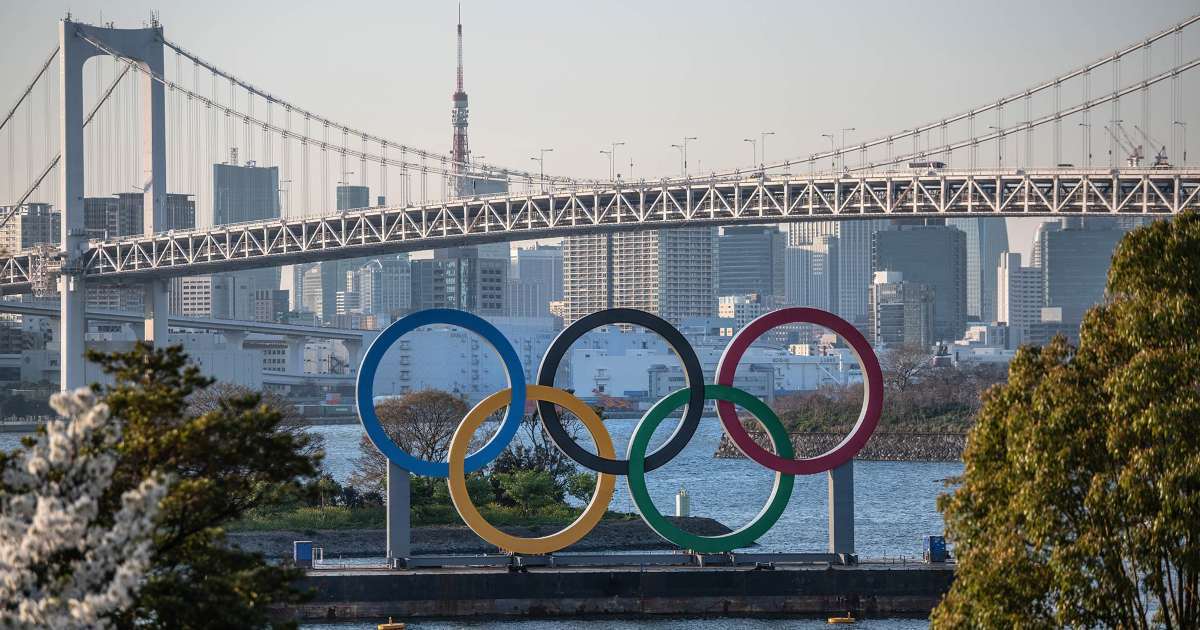Amidst the coronavirus pandemic, North Korea has pulled out of theSummer Olympics scheduled to be held in Tokyo from 23rd July onwards citing coronavirus fears. The statement was made by the country’s sports ministry on Tuesday. The decision was made at a meeting of North Korea’s Olympic committee, including its sports minister Kim Il Guk, on 25 March the ministry said on its website, called Joson Sports.
“The committee decided not to join the 32nd Olympics Games to protect athletes from the global health crisis caused by the coronavirus.”
The meeting also held discussions on ways to develop professional sports technologies, earn medals at international competitions and promote public sports activities over the next five years. This is the first time that North Korea will be missing the Summer Olympics for the first time since it boycotted Seoul in 1988 amid the Cold War.
The news comes as a spoiler to South Korean President Moon Jae-in since she was hoping to revive the stalled peace talks during the games. The two countries are still technically at war after their 1950-53 conflict ended in a truce. South Korea had hoped that they could field a combined team in Tokyo, rebuilding their momentum for improved relations.
In 2018, Kim Jong Un sent his sister to head N. Korea’s delegation at the 2018 Winter Olympics hosted by South Korea. Athletes from both countries had marched under a unified flag for the Opening Ceremony and had also fielded a combined team for the Women’s Ice Hockey Team.
South Korea’s Unification Ministry had also expressed regret at the decision, saying it had hoped the Tokyo Olympics would provide an opportunity to improve inter-Korean relations. Tensions between the two countries had escalated last month after North resumed missile tests although both sides said after the launches that they wanted to continue the dialogue.
North Korea has one of the world’s strictest quarantine regimes, despite the government’s denial about Coronavirus cases being identified. But given its poor health infrastructure and the porous border it shares with China, many people have shown skepticism.
Describing its efforts as a “matter of national existence”, North Korea has severely limited cross-border traffic, banned tourists, and put thousands of people who have shown symptoms into quarantine.

